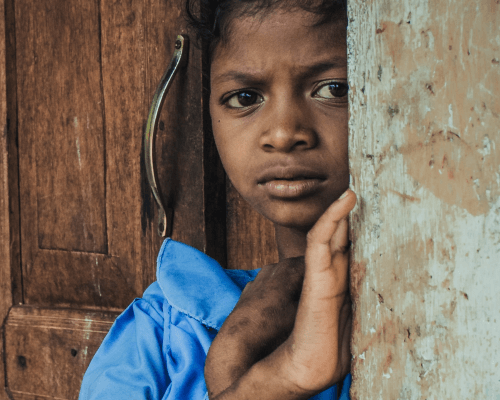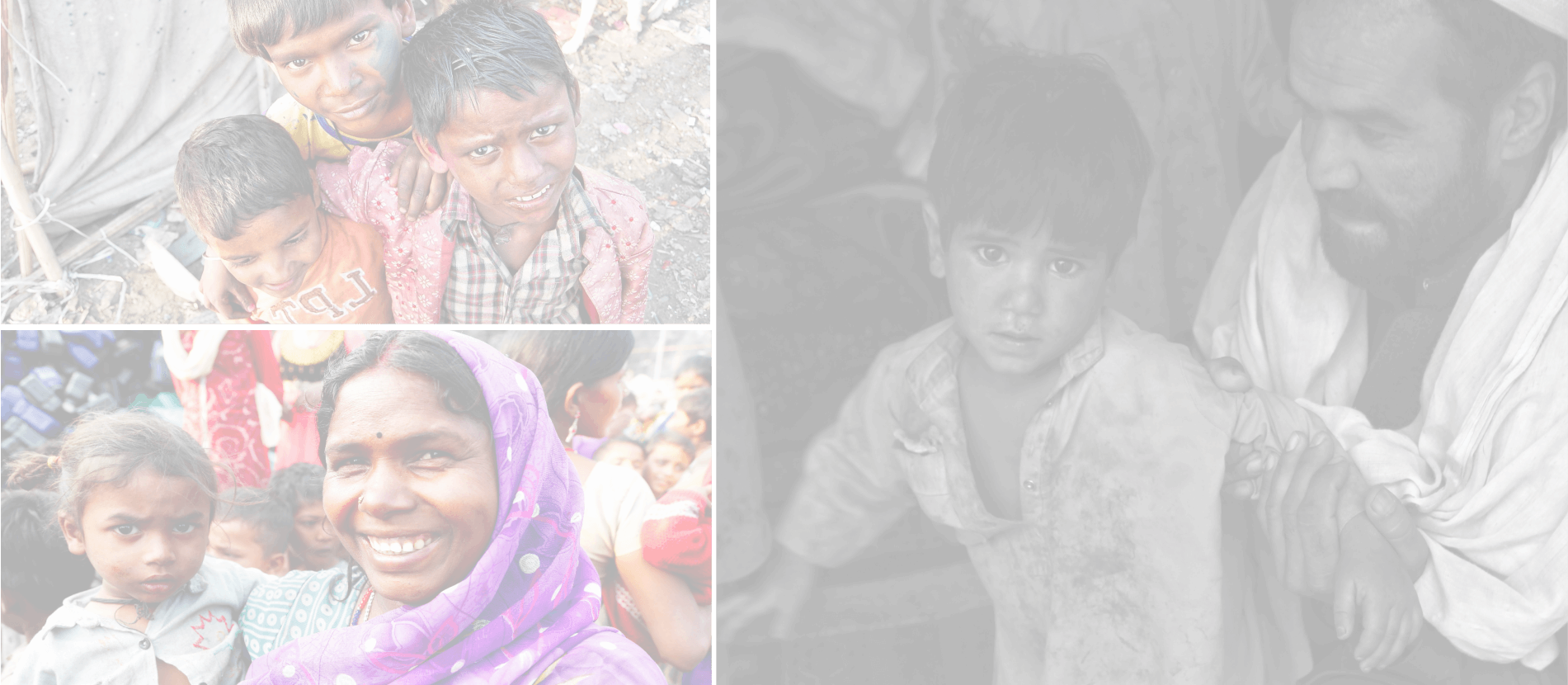FEATURED APPEALS LET’S HELP CHANGE LIVES FOR GOOD, TOGETHER
100% Tranparent Donations Promise
Your donation will help us bring a family out of poverty.
Thanks to the unique way we are able to ensure that 100% of your donation goes to needy people.


Ramadan
Ramadan is a very important time in the Islamic calendar, and Muslims all over the world will be preparing to take part. Ramadan falls during this month because this is when the holy book that’s followed by Muslims, called the Qur’an, was first revealed to the Prophet Muhammad.Muslims will not only celebrate the end of fasting, but will also thank Allah for the help and strength that they were given throughout the previous month.Often children are given presents and new clothes.

Zakat On Gold
Zakat on gold is mandatory similar to Zakat al-mal for all Muslims which is to be charged over the total amount of gold owned by a person if it exceeds a certain quantity. The quantity over which the zakat is applicable to be paid is known as nisab. The nisab for gold or gold jewellery is 85 grams (g) of gold [1]. It means that if a person owns 85g of gold and has held it for more than a (lunar) year then he is obligated to pay zakat over the gold owned by him. The nisab for gold during the lifetime of Holy Prophet (PBUH) is known to be 20dinars of gold.

Fidya & Kaffarah
As with fidya, kaffara is only valid if one will never be able to fast for 60 consecutive days. In circumstances where someone regains their health and can fast later in life, the kaffara they paid will be considered as charity and they must then make up the fasts missed. Provides an opportunity to recompense for individuals who deliberately miss or break a fast during Ramadan without a valid reason. In the Hanafischool, if a person misses a day of fasting unnecessarily, he or she should either fast for 60 consecutive days or feed 60 poor people.

Fitrana ( Zakat Ul Fitr)
Before the Eid al-Fitr prayer at the end of Ramadan, every adult Muslim who possesses food in excess of their needs must pay zakat al-Fitr (fitrana). The head of household can also pay zakat al-Fitr for their dependants such as children, servants and any dependent relatives. Zakat al-Fitr can be paid during Ramadan, before Eid al-Fitr prayers at the latest, so that the poor can enjoy the day of Eid.

Sadaqah
Sadaqa Al-Fitr (also known as Zakatul-Fitr) is a charitable donation that is commonly made by Muslims before the holiday (Eid) prayers at the end of Ramadan. This donation is traditionally a small amount of food, which is separate and in addition to the annual payment of Zakat, which is one of the pillars of Islam. According to the Prophet Muhammad, the amount of Sadaqa Al-Fitr given by each person should be an amount equivalent to one sa’aof grain. A sa’a is an ancient measure of volume, and various scholars have struggled to interpret this amount in modern measurements. The most common understanding is that one sa’a is equivalent to 2.5 kilograms (5 pounds) of wheat.

Sadaqah Jariyah
Sadaqahjariyah is an act of giving in a way that keeps on giving. For example, if you were to invest in planting a tree, that tree would then go on to provide shelter for as long as it stands – meaning you shall receive an ongoing reward for as long as it stands, too.“Surely the men who give sadaqah and the women who give sadaqah and have advanced a good loan to Allah SWT; for them it will be multiplied and for them there is a noble reward.”

Laykatul Qadr
Ramadan is the holiest month for all Muslims around the world and Laylat Al Qadr is the holiest night of Ramadan which signifies the importance of this night. As mentioned in the beginning, this night is better than a thousand months and worshiping on this night is better than eighty-three years of worship. This reason alone should encourage a true Muslim to spend this night in prayer, Dua&Dhikr, seeking forgiveness and asking Allah for all the blessings of this world and hereafter.Whether you choose to help someone in need by way of donating your time or contributing money; by giving towards sadaqahjaariyah on behalf of a deceased loved one or should you choose to donate your zakat, ensure you give as much as possible on this auspicious night. Even the smallest act of giving someone a glass of water or smiling at another being is a great act of charity in Islam.

Qurbani
Qurbani means sacrifice. Every year during the Islamic month of DhulHijjah, Muslims around the world slaughter an animal – a goat, sheep, cow or camel – to reflect the Prophet Ibrahim’s willingness to sacrifice his son Ismail, for the sake of God.At least one third of the meat from the animal must go to poor or vulnerable people. Traditionally, a Muslim would keep one third of the meat for their family and give the final third to their neighbours.Eid-al-Adha, the Festival of Sacrifice, is celebrated during the twelfth month of the Islamic calendar, known as DhulHijjah – which translates as ‘Lord of the Pilgrimage’. It is during this month that pilgrims travel to Mecca in order to visit the Kaaba. Hajj is performed on the eighth, ninth and tenth days of the lunar month.

Aqiqah
Aqiqah, in Islamic terminology, is defined as the animal that is slaughtered on the occasion of child birth.The performance of Aqiqah is highly encouraged. Aqiqah is one of the valued and much loved practices performed by the Prophet Muhammad (s.a.w) which holds many benefits. It is to be performed by the parents or the guardians of the child.When Should Aqiqah be performed?The best time to perform Aqiqah is on the seventh day after the birth of the baby.
What We Do
URF seeks to make immediate and lasting improvements to the lives of people affected by poverty, war and disaster.
Our key focus areas are:
-
Food And Nutrition
-
Healthcare
-
Tackling Coronavirus
-
Livelihoods

Help Feed The Needy


